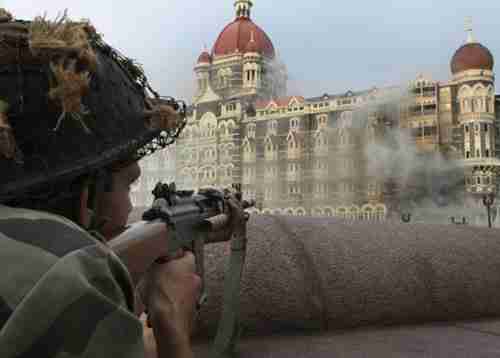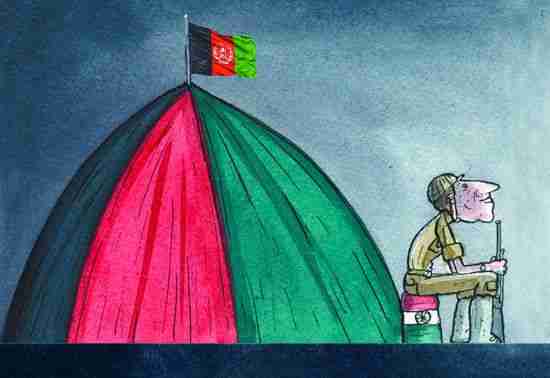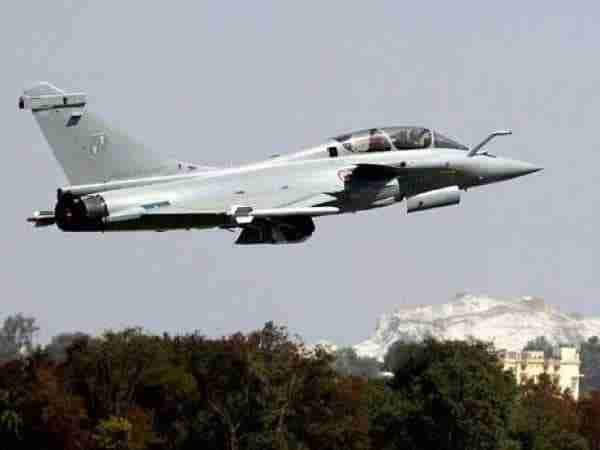ONLY PAK ARMY CAN SIGN OFF BOMBS, warns …… Maroof Raza
The verdict against Ajmal Kasab has not only brought back memories of the well planned and ruthlessly executed attack on Mumbai, by terrorists from Pakistan, but how Pakistan’s military and intelligence agencies have been using cross border terror as a tool to extend their foreign policy agenda. In fact, eminent Pakistanis have even alluded to this, by stating in the aftermath of 26/11 attacks that India must address the root cause of tension, i.e, Pakistan’s demands over Kashmir. And therefore, the debate on Kasab’s judgement day, had brought back into focus, the central question on ‘how should India to deal with Pakistan?’ If Indian public sentiment is anything to go by – as aired on the day of the verdict – then Prime Minister Manmohan Singh and his key advisors need to revisit their idea of putting the past aside in a hurry.
Clearly there is little support for New Delhi’s decision to resume talks with Islamabad – first by Foreign Secretaries and soon by Foreign Ministers- all leading soon to the ‘composite dialogue’ that’ll signal that all is honky dory between India and Pakistan. The opposition to the ‘talks’ isn’t simply from the political rivals of the UPA, but also from an informed lot of diplomats and analysts who are convinced that Dr Singh and his team are missing a key point: that Pakistan’s prime minster, Yusuf Raza Gilani, like his many earlier civilian predecessors is not ‘empowered’ to deliver. Only the Pakistan army can!
When Musharraf spoke about his out of the box solutions – essentially on Kashmir – it was suggested that Pakistan’s army had supported General Musharraf’s views. But today, Musharraf’s own handpicked Generals have now disowned whatever was agreed or achieved. The reason is simple. Any long term peace arrangement with India is anathema to the Pakistani military that has a long anti-Indian tradition, which it uses not only to keep acquiring toys for its boys, but to keep alive its unchallenged position as the ‘guardians of Pakistan’. An additional bonus of course is that the lion’s share of the Pakistan’s budget goes to them.
Over the past two decades, Pakistan’s army had initiated a campaign ‘to bleed India by a thousand cuts’, after having failed to wrest Kashmir from India militarily by war. Coupled with the realization that nuclear neighbours cannot fight a war without the possibility of it slipping out of control; General Zia with his medieval mindset decided to tap on the mullah’s and the madrassa’s to wage a new age war, on both India and Afghanistan. And Musharraf like his army, saw the Taliban as one entity, working to further Pakistan’s agenda, and so he too couldn’t distance himself from the Taliban. Today, they are both Pakistan’s bane and a strategic asset. Many of them have begun to bite the hand that have fed them, and almost all of them see India as an enemy on par with the US and Israel.
But Pakistan’s generals seem to have reached a tacit understanding with them. To let Pakistan’s Punjab be, never mind the shoot outs on the Af-Pak frontier. They are Pakistan’s strategic assets – in the words of army chief General Kayani. But as long as they are at large – Hafeez Saeed, Zikrur Rahman Lakhvi, Massod Azhar and their cronies – they will be the stumbling blocks of every peace initiative that could put them out of business!
In simple terms therefore Pakistan’s strategy appears to be to make all the right diplomatic noises – by wanting talks with India – to attract the world’s attention, while doing little to stem the rot within. Following the Indian anger at the attacks on Mumbai, Pakistanis have defended themselves by stating that they too are victims of terror. But there is a difference between them and us. While Indians are victims of Pakistani sponsored cross border terror – and Ajmal Kasab is a big proof of that – Pakistan is victim of its own terror machine. Meanwhile Pakistan’s focus has shifted from the Kashmir valley – on the realization that the Pakistani initiated uprising in Kashmir would soon become a lost rebellion – to the heartland of India. By attacking Mumbai and Pune, and earlier Delhi and Bangalore amongst other cities, they wish to challenge India’s growth story and the idea of India.
Thus, any initiative to set aside the burden of the past – as both Mr. Vajpayee and now Dr. Singh have tried – runs into a road block at GHQ Rawalpindi, where Pakistan’s military brass hats sit. Those familiar with history know that the only arrangements respected by these brass hats are ones that are signed by one of them. Hence, the Line of Control has had their acceptance, but not the rest of the Shimla Accord. Maybe, it’s time that we insisted on their inclusion in the bi-lateral talks.
Maroof Raza is the strategic affairs expert for the television channel TimesNow, and head of Security Watch India.
Maroof Raza, an ex-army officer, is publisher of Salute, a fortnightly on the armed forces, and strategic affairs consultant on newschannel Times Now.



